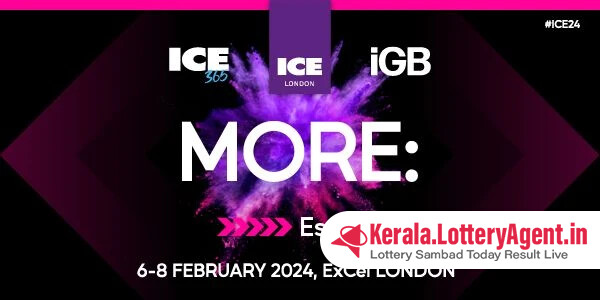
The digital battlefield of esports, mirroring its traditional sports counterparts, is no stranger to the menacing issue of match-fixing, a pervasive plight impacting the integrity of competitive online gaming. Ian Smith, the integrity commissioner for the Esports Integrity Commission (ESIC), shared with iGB the unsettling reality that the incidence of match-fixing in esports is “relatively high.” A critical factor contributing to this problem is the stark contrast between the lucrative offers made for deliberate losses and the often disparate tournament prize pools.
The combat against match-fixing is heavily reliant on the personal ethics and moral fortitude of the competitors. This reliance on internal values to resist external pressures to manipulate game outcomes has its own vulnerabilities. Smith emphasizes the urgent need for additional, robust measures to detect, deter, and discipline match-fixing activities within the esports universe.
September bore witness to the suspension of a professional Counter-Strike: Global Offensive (CS:GO) player by ESIC on grounds of betting on matches, even those he was actively participating in. Moreover, the punitive actions extended beyond suspension; a Singaporean esports athlete faced a four-month incarceration in May following his participation in a match-fixing scheme during a Valorant game.
In an endeavor to reinforce the fight against corruption in professional esports, ESIC sealed a partnership in July with the Victoria police in Australia. This pioneering agreement enables the police’s Sporting Integrity Intelligence Unit to receive instantaneous notifications from ESIC about any suspicious betting patterns, enhancing their ability to act promptly against suspected match-fixing.
Building upon their efforts to foster integrity, ESIC has collaborated with GG.bet, an esports betting operator, inaugurating a new anti-corruption education initiative. This pivotal partnership with GG.bet underscores the operator’s commitment to integrity, supporting ESIC in formulating an Anti-Corruption Tutorial. The educational module focuses on ingraining ethics and promoting fair play among players within the esports industry.
Additionally, ESIC’s resolve to preserve the fair spirit of competition has led to the establishment of an “Anti-Cheat Partnership,” working in concert with Denuvo by Irdeto, a global leader in game protection and anti-piracy technology. Despite these progressive steps, much ground remains to be covered, particularly considering the younger demographic that primarily makes up esports players, which renders them susceptible to manipulation by unscrupulous elements.
In its role as a regulatory body dedicated to upholding the integrity of esports, ESIC has endured its fair share of scrutiny, faced with questions over its competence and criticized for a perceived lack of transparency. Such skepticism undermines trust and complicates the battle against match-fixing, a topic often shrouded in taboo within the esports community.
As 2024 approaches, the specter of match-fixing looms as a potential blemish on the reputation of the entire esports industry. Unless decisively addressed, it threatens to impede the sector’s growth and credibility. The commitment to integrity by ESIC and its partners is critical. Continued vigilance, coupled with enhanced educational efforts and tech-savvy solutions, will be paramount to purge the shadows of match-fixing from the vibrant realm of competitive esports.












